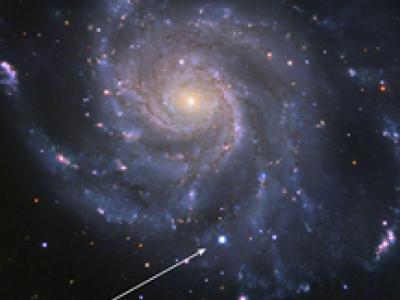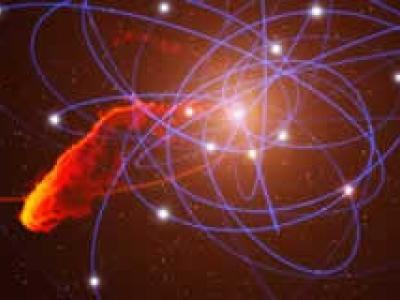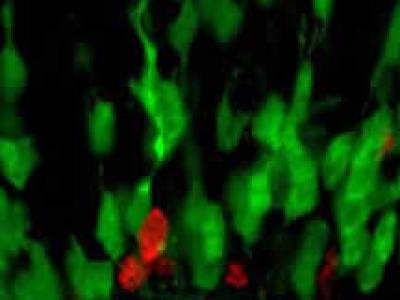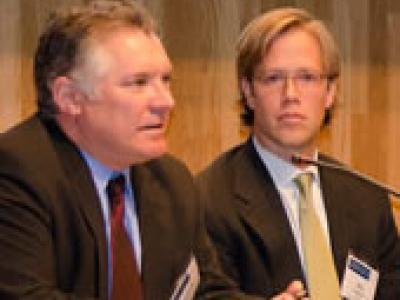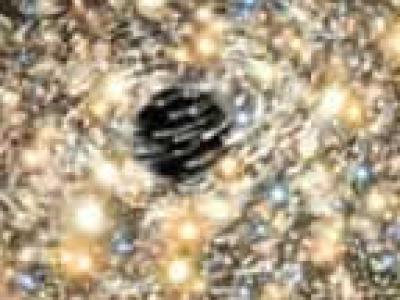Luke Lee gets $1.5 million Gates Foundation grant to develop diagnostic chip
Luke Lee, professor of bioengineering and co-director of the Berkeley Sensor & Actuator Center, gets nearly $1.5 million from the Bill & Melinda Gates Foundation to develop a portable microfluidic chip that can be used to diagnose multiple infectious diseases, such as HIV, TB and malaria, at the same time.

